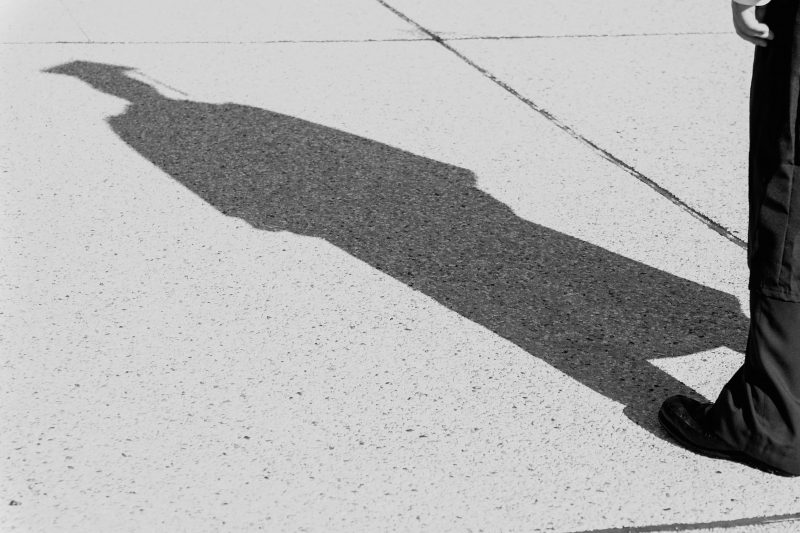Understanding the criminal justice system: Youth justice
The Police Student
FEATURE: In the latest article in The Police Student series, Policing Insight Academic Editor Dr Carina O’Reilly examines the issue of youth justice, including the background to the current system, the development of the child-first approach, and the importance of the debate around rehabilitation, diversion, punishment, and deterrence.



